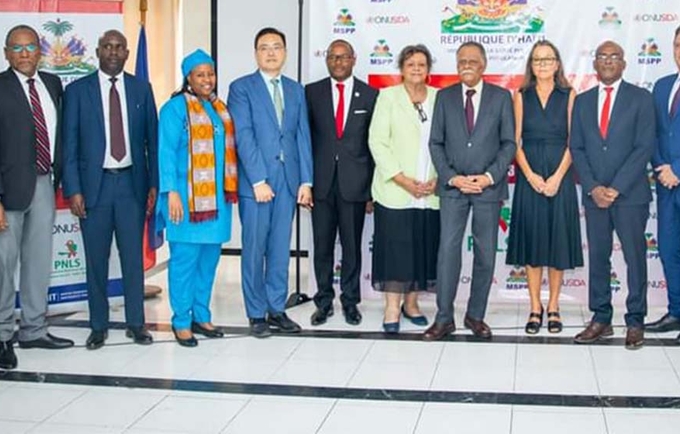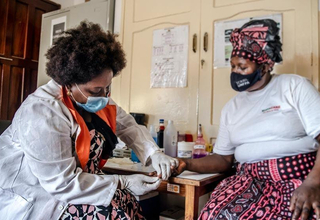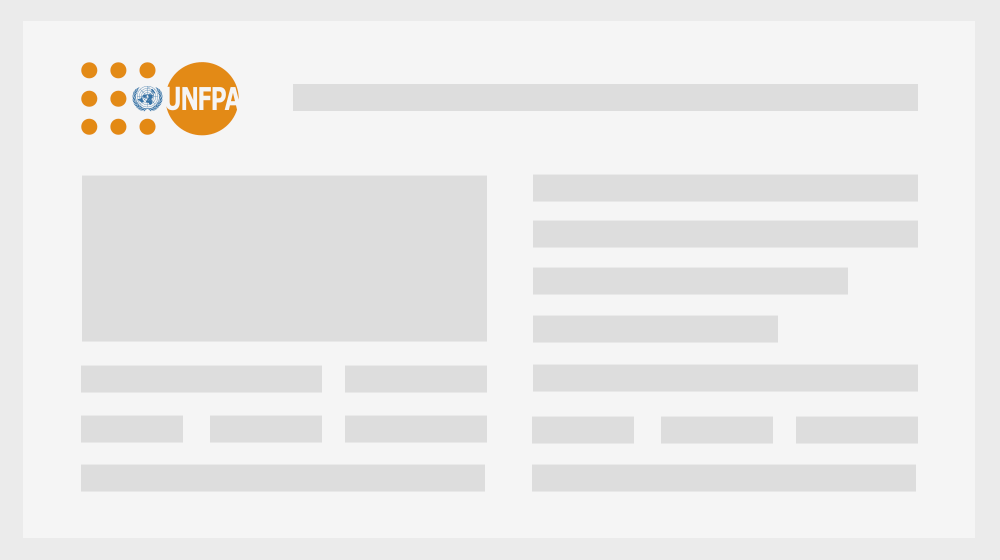Port-au-Prince, June 24, 2023 --- The Ministry of Public Health and Population and UNAIDS in Haiti discussed the country's integration into the Global Partnership for Action to Eliminate All Forms stigma and discrimination related to HIV in health, education, work, family and communities, the judiciary and in emergency and humanitarian settings. This meeting was held in Pétion-Ville on June 23, 2023.
It aimed to lay the foundations for reflection and to establish planning and coordination mechanisms for Haiti's accession to this Global Action Partnership.
Among the expected results are:
The bases for the establishment of the Multisectoral Working Group aimed at the elimination of stigma and discrimination related to HIV, sexual orientation and gender identity with the participation of sector ministries and civil society.
The definition of the needs and expectations of the sectoral ministries after the identification of problems to join this Multisectoral Working Group (multidisciplinary team with all the actors of the response against HIV/AIDS).
The collection of relevant information from participants for the development of a costed (budgeted) multisectoral national action roadmap aimed at eliminating stigma and discrimination in key sectors of society.
The formulation of a preview of Haiti's commitment to global action to fight against all forms of stigmatization and discrimination of marginalized communities and populations based on race, sex, social situation, HIV status serological, their gender identity and place of residence.
The new Global AIDS Strategy 2021-2026 recognizes that ending gender inequalities, stigma and discrimination requires ending HIV/AIDS as a public health problem by 2030.
At the end of the last four decades, the response to HIV in Haiti has made significant progress. As of July 31, 2022, considering the estimated population living with HIV (152,000), 85% (130,720) of these PLHIV knew their HIV serological status; 90% (123,176) of them are placed on ART and 70% (87,300) of these people enrolled in care under ART showed a suppression of their viral load.
Despite these advances, the HIV Program in Haiti continues to experience a dropout of more than 15% of patients under ART across the entire continuum of care. During this period, more than 4 out of 10 PLHIV have experienced stigma at least once in the past 12 months, according to the results of the “Stigma Index” study (UCMIT/PNLS, 2021).
According to this report, perceived and/or lived experiences of stigma compel more than 25% of clients or KPs to behavioral changes such as non-use of health services, moving from their areas of residence, abandonment of stable employment or dismissal due to their HIV status or sexual orientation.
To respond to these observations, efforts are being made at the level of the community of PLHIV and KP at the national level to put a stop to the stigmatizing and discriminatory behaviors of which they are victims.
Since 2010, the global AIDS response has made remarkable progress, tripling the number of people on ARV treatment, and reducing deaths by 39%. Globally, only 26 countries are on track to meet the target of reducing AIDS-related mortality by 90% by 2030. This global strategy also prioritizes people who do not always have access to life-saving HIV services and builds on the efforts of the most affected PLHIV communities and progress made at country level.
Photos : Michaël Isaac Junior Ambroise



